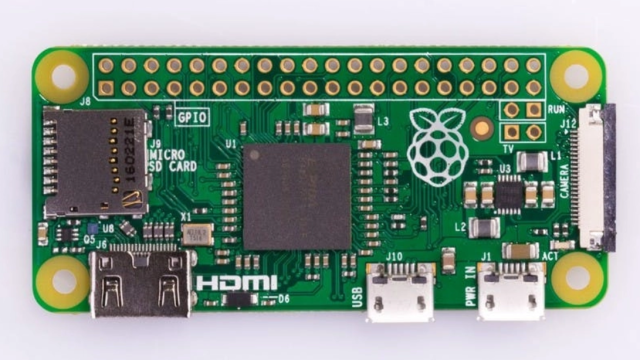The Raspberry Pi Foundation has seen a recent surge in demand for its boards due to the covid-19 pandemic. Part of that demand comes from people experimenting with the cheap computers with newfound time to kill at home, but the foundation is reserving some of its Pi Zero inventory for hospital ventilators. The $US5 ($8) single-board computers are not only ideal to use as control boards, but the Raspberry Pi Foundation also has the ability to produce orders quickly for ventilator manufacturers.
It’s often difficult to scale up production with something like a control board because there are many components that make up those boards. And depending on the availability of those components, lead times can stretch into weeks or months. Raspberry Pi CEO and founder Eben Upton told Tom’s Hardware that the company “‘builds to stock’ rather than ‘building to order,’” so it’s better equipped to handle the sudden demand because it has shorter lead times.
But even Raspberry Pi is not immune from a stock shortage, thanks to demand from both the private and medical sector. The company made 192,000 Pi Zeros during the first quarter of this year, but Upton told Tom’s Hardware that it wants to increase that number to 250,000, and the price point and simple hardware specs make it ideal for use in ventilators.
“I believe the interest in Zero is mostly down to it offering enough compute for the relatively modest requirements of a ventilator,” Upton said.
The Pi Zero is the least meaty of all the Pis, with only a single-core, 1GHz Broadcom BCM2835 processor and 512MB RAM. By contrast, the Raspberry Pi 4 B starts at $US35 ($55) and has a quad-core Cortex-A72 64-bit SoC Broadcom BCM2711 processor and 1GB RAM. Since the Pi Zero has enough processing power for the ventilators, it makes sense to use those from a cost-analysis standpoint rather than the Pi 4s.
While Raspberry Pi-power ventilators haven’t been tested in the U.S. yet, a medical team in Colombia is currently testing one based on a design that uses easy-to-find parts like car valves. If the design is a success, then the team in Colombia will test the ventilator first on animals, then humans. Meanwhile, other computer companies like Maingear are building ventilators from off-the-shelf parts. Engineers are also working to turn unused breast pumps into ventilators to help ease the shortage.
